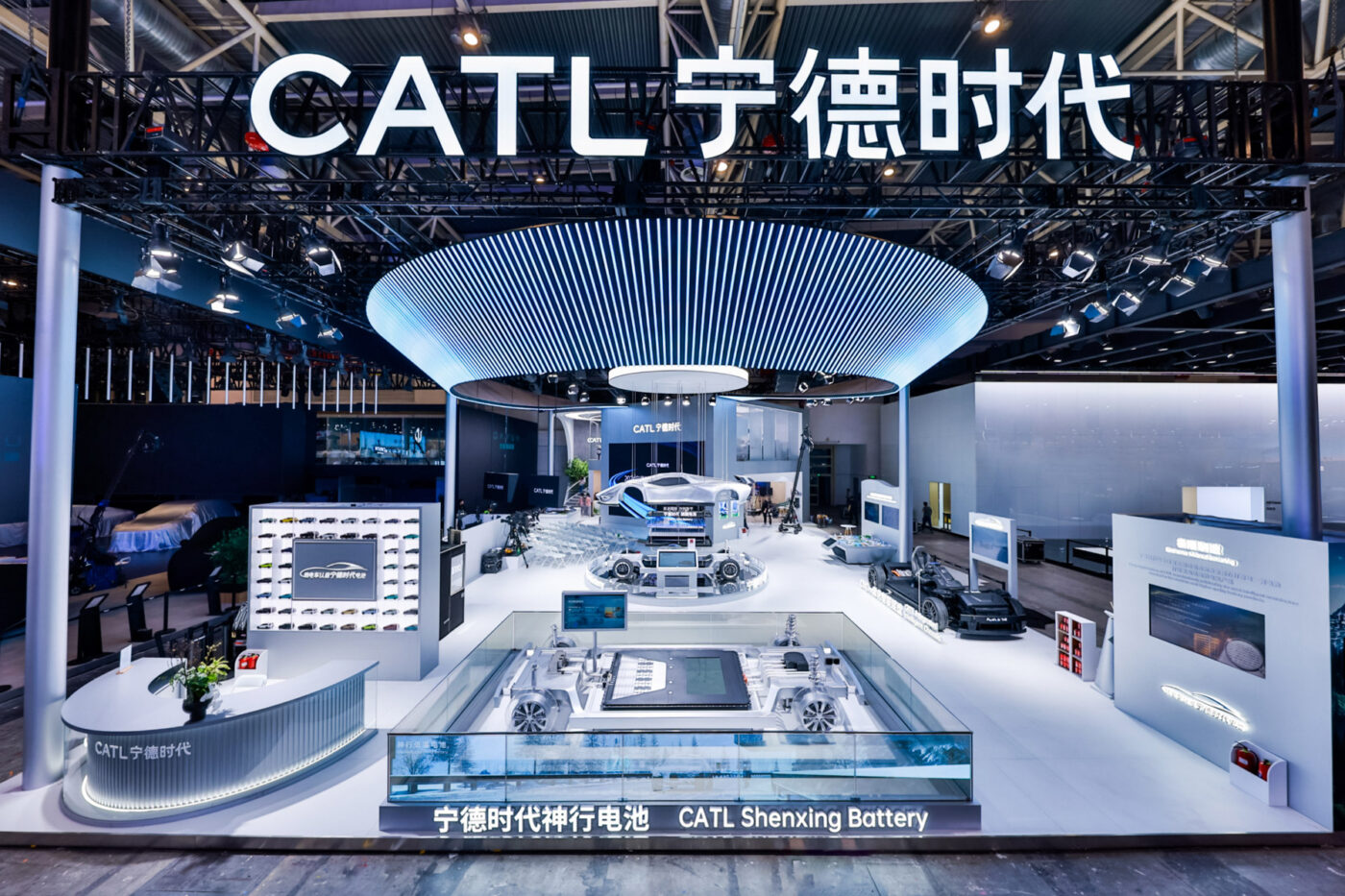CATL start trial production of 20 Ah solid-state cells
According to Chinese media, CATL has developed a solid-state cell with a charging capacity of 20 Ah, and in addition to fine-tuning the prototypes, it now wants to focus increasingly on the development of production technology. As part of this, the Group is said to have started trial production of sample cells with solid electrolyte and their validation. To this end, CATL has increased its R&D investments in solid-state batteries this year and expanded its team for the programme to over 1,000 people, writes CN EV Post. And: “CATL’s current solution can achieve an energy density of 500 Wh/kg for lithium ternary batteries, an improvement of more than 40 per cent over existing batteries.” However, according to the portal, citing an insider, expectations have not yet been met in terms of charging speed and cycle stability.
In principle, CATL aims for small series production of solid-state batteries by 2027. This announcement was made by a senior CATL scientist named Wu Kai at the China International Battery Fair (CIBF) in Shanghai in April. He was quoted on Chinese portals as saying that on a scale of 1 to 9, the maturity level of the technology and the manufacturing process can currently be categorised as 4. CATL wants to be at 7 to 8 by 2027, equivalent to producing solid-state batteries in small quantities. Regarding potential mass production, Wu said challenges remain, including costs.
According to Wu, solid-state batteries have great potential, especially in terms of energy density. Lithium-ion batteries with liquid electrolyte currently reach their limit at 350 Wh/kg. According to WU, it is difficult to improve them further. CATL presented its new Shenxing Plus LFP battery at Auto China in Beijing in the spring, for example, which is designed to help electric cars achieve a range of more than 1,000 kilometres. But that’s just a side note.
According to the current article, CATL has been involved in the research and development of solid-state batteries for more than a decade. According to Wu, a large R&D team is now working on solid-state batteries and new battery systems. Co-operations with universities and other players in the battery industry are also intended to advance the topic.
Speaking of cooperation: At the beginning of the year, the business newspaper Nikkei Asia revealed that several major Chinese battery and car manufacturers had joined forces to drive forward the commercialisation of solid-state batteries. Among them is CATL. The Chinese government is said to be the initiator of the alliance. The China All-Solid-State Battery Collaborative Innovation Platform (CASIP) was founded in January to develop and produce competitive solid-state batteries and establish a supply chain by 2030.
According to Nikkei Asia, the alliance also includes battery manufacturers CALB, EVE Energy, SVOLT, Gotion High-Tech and BYD’s battery subsidiary FinDreams Battery. There are also several state-owned manufacturers from the automotive industry as well as the private companies BYD and Nio. Other players include representatives from the government and academia.
China does not want to be overtaken
At the opening ceremony in January, Ouyang Minggao, a professor at Tsinghua University, was among those who gave a speech. Nikkei Asia quotes the following passage from this speech: “We need to be prepared for the risk that all-solid-state battery technology could overturn. ” He adds: “AI is changing the way we do materials research and development, and it will vastly accelerate the speed of all-solid-state battery R&D. By around 2030, we will have a higher chance of achieving a breakthrough for the industrialisation of all-solid-state batteries.”
Ergo does not want China’s market-leading position in electric car batteries to be challenged by a technological leap towards solid-state batteries. Against this backdrop, the new consortium will primarily focus on basic research, key technologies, the joint development and production of electric vehicles with solid-state batteries and the establishment of a corresponding supply chain.
It should be emphasised that the project, which is coordinated from Beijing, is bringing together competitors who are fighting aggressively for market share. One example cited by “Nikkei Asia” is the fact that CATL has sued its competitors CALB and Svolt for patent infringement. What brings the Chinese rivals together are the initiatives launched in South Korea, Japan, North America and Europe to commercialise solid-state battery technology, which could outcompete the Chinese industry. Toyota, for example, wants to launch the first electric cars with solid-state batteries in 2027/28, while Nissan also plans to do so in the 2028 financial year.





0 Comments